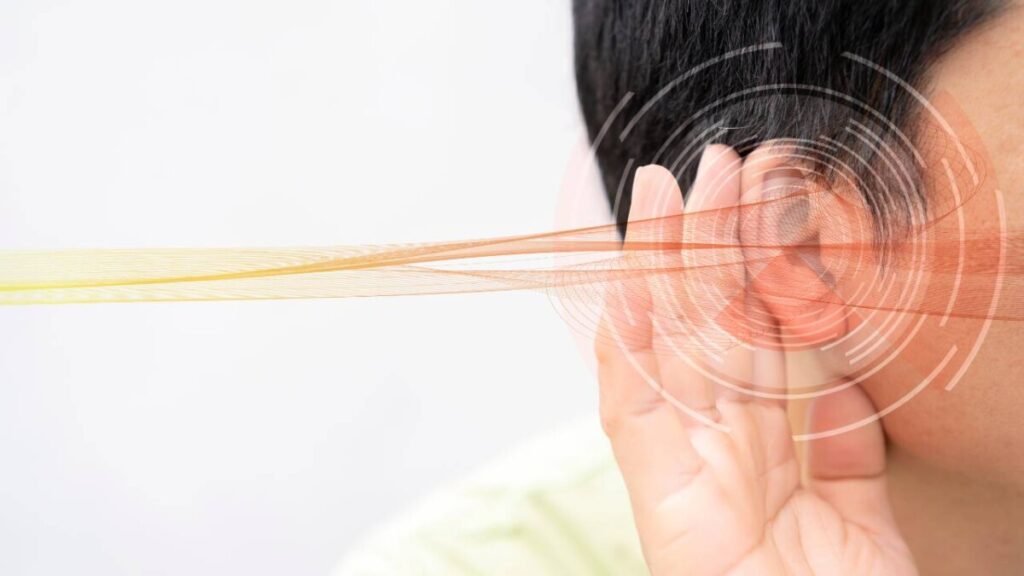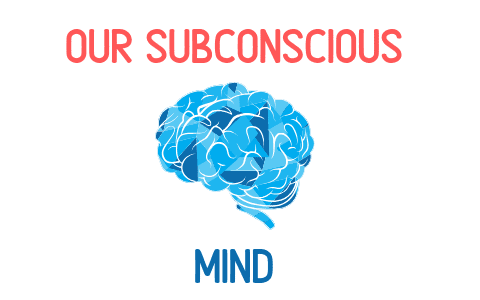Binaural beats are a type of sound therapy that is gaining popularity among people who want to reduce anxiety and improve their mental health. The therapy involves listening to two slightly different frequencies at the same time, which creates an illusion of a third frequency in the brain. This third frequency is believed to have a calming effect on the mind and body.
However, some people are concerned about the use of binaural beats, particularly from a religious perspective. The question of whether binaural beats are a sin has been raised, with some Christians questioning whether the practice is in line with their beliefs.
While binaural beats are not explicitly mentioned in the Bible, some Christians believe that the use of certain types of sound therapy may be considered occult practices and therefore, sinful.
Despite these concerns, many experts argue that binaural beats are a safe and effective way to reduce stress and promote relaxation. While the use of binaural beats may not be suitable for everyone, particularly those with certain medical conditions, the therapy has been shown to have numerous benefits for those who are looking for a natural way to improve their mental health.
Table of Contents
What are Binaural Beats?

Binaural beats are a type of auditory illusion that occurs when two different tones at slightly different frequencies are presented to each ear separately. These tones are played simultaneously, and the brain perceives a single tone that is the difference between the two.
For example, if one ear hears a tone at 200 Hz and the other ear hears a tone at 210 Hz, the brain will perceive a single tone at 10 Hz.
Binaural beats are often used for relaxation, meditation, and stress relief. They are believed to work by entraining the brainwaves to a desired frequency, which can induce a state of relaxation or heightened awareness. Some people also use binaural beats for sleep, pain relief, and other therapeutic purposes.
Binaural beats can be found in many different types of audio recordings, including music, guided meditations, and white noise. They are often used in combination with headphones to ensure that each ear receives a different frequency.

Religious Perspectives on Binaural Beats
Christianity
In Christianity, the use of binaural beats is a controversial topic. Some Christians believe that binaural beats are a form of occult practice and therefore sinful. They argue that the use of binaural beats can lead to a person being influenced by demonic forces.
However, other Christians believe that the use of binaural beats is not inherently sinful. They argue that the frequencies produced by binaural beats are merely noise and that there is nothing inherently wrong with listening to them.
Islam
In Islam, the use of binaural beats is generally considered permissible as long as it is not used for haram (forbidden) purposes. Muslims are allowed to listen to binaural beats for relaxation, stress relief, and other legitimate purposes.
However, some Islamic scholars have warned against the use of binaural beats for spiritual or mystical purposes. They argue that such practices can lead to a person being influenced by jinn (spirits) and can lead to the person engaging in shirk (associating partners with Allah).
Hinduism
In Hinduism, the use of binaural beats is generally considered acceptable as long as it is used for spiritual purposes. Hinduism has a long tradition of using sound and music for spiritual purposes, and binaural beats are seen as a modern extension of this tradition.
However, some Hindu scholars have warned against the use of binaural beats for purely materialistic purposes. They argue that the use of binaural beats should be accompanied by proper spiritual practice and should not be used as a substitute for genuine spiritual growth.
Overall, the use of binaural beats is a complex issue with varying opinions among different religious traditions. While some believe that it is a form of occult practice and therefore sinful, others see it as a legitimate tool for relaxation and spiritual growth. As with any practice, it is important to approach the use of binaural beats with discernment and caution.

Scientific Research on Binaural Beats
Scientific research on binaural beats has been ongoing for several decades. Binaural beats are a form of auditory stimulation that involves presenting two different tones to each ear, with a slight difference in frequency. The brain then perceives a third tone, which is the difference between the two presented tones.
A meta-analysis of several studies on binaural beats found that they can have a positive effect on cognition, anxiety, and pain perception. However, the effects were found to be small and inconsistent across studies.
Another study investigated the effects of binaural beats on mood and found that they can have a positive impact on mood states such as relaxation and happiness. However, the study also found that the effects were short-lived and that there was no significant impact on overall mood.
There is also some evidence to suggest that binaural beats may be useful in enhancing memory and attention. A study published in the Journal of Alternative and Complementary Medicine found that binaural beats can improve memory retention and attention span in individuals with mild cognitive impairment.
While there is some scientific evidence to support the use of binaural beats, it is important to note that the effects are generally small and inconsistent. Additionally, more research is needed to fully understand the potential benefits and limitations of this form of auditory stimulation.

Effects of Binaural Beats on the Brain and Body
Positive Effects
Binaural beats are known to have positive effects on the brain and body. According to Psychology Today, binaural beats can help induce a state of relaxation, reduce anxiety, and improve mood. They can also help improve focus, concentration, and motivation. Binaural beats have been found to be effective in reducing stress and promoting better sleep habits.
Studies have also found that binaural beats can have a positive effect on cognitive functioning. According to Medical News Today, proponents of binaural beat therapy suggest that the potential benefits include improved long-term memory, increased creativity, and cognitive enhancement.
Negative Effects
While binaural beats have been found to have positive effects on the brain and body, there are also potential negative effects to consider. According to WebMD, some people may experience headaches, dizziness, or nausea when listening to binaural beats. Additionally, binaural beats may not be safe for people with certain medical conditions or for pregnant women.
It is important to note that the effects of binaural beats can vary depending on the individual and the frequency of the beat. As with any type of therapy or treatment, it is recommended to consult with a healthcare professional before using binaural beats.
Other Binaural Beats Question You Might Like The Answer For;
Are Binaural Beats A Sin Summary
Binaural beats have been a topic of debate among Christians, with some arguing that they are a sin while others believe they are harmless. The Bible warns against the use of occult practices, but it is not clear whether binaural beats fall into this category.
While some studies have found positive effects of binaural beats, including pain alleviation, anxiety reduction, and memory improvement, there have also been conflicting findings. Some people may find binaural beats helpful for relaxation and stress reduction, while others may not experience any benefits.
Ultimately, whether or not binaural beats are a sin is a matter of personal conviction and interpretation of scripture. Christians should prayerfully consider their use of binaural beats and seek guidance from God on whether or not it is appropriate for them.


